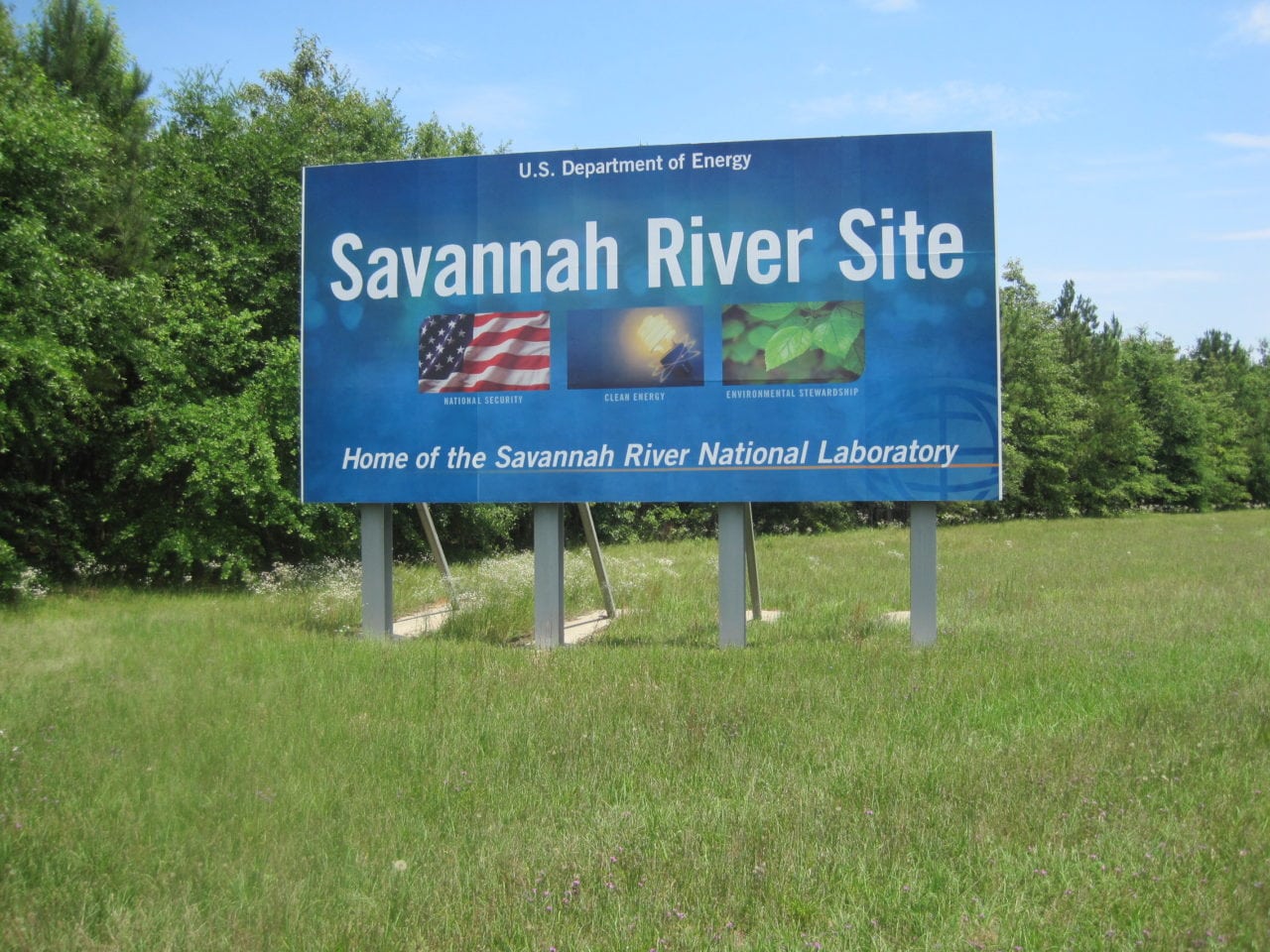
The White House this week requested about $25 billion for the National Nuclear Security Administration, more than $860 million, or 3.6%, above the 2024 appropriation signed into law late last week.
The agency also said in the budget request that the cost of a planned…